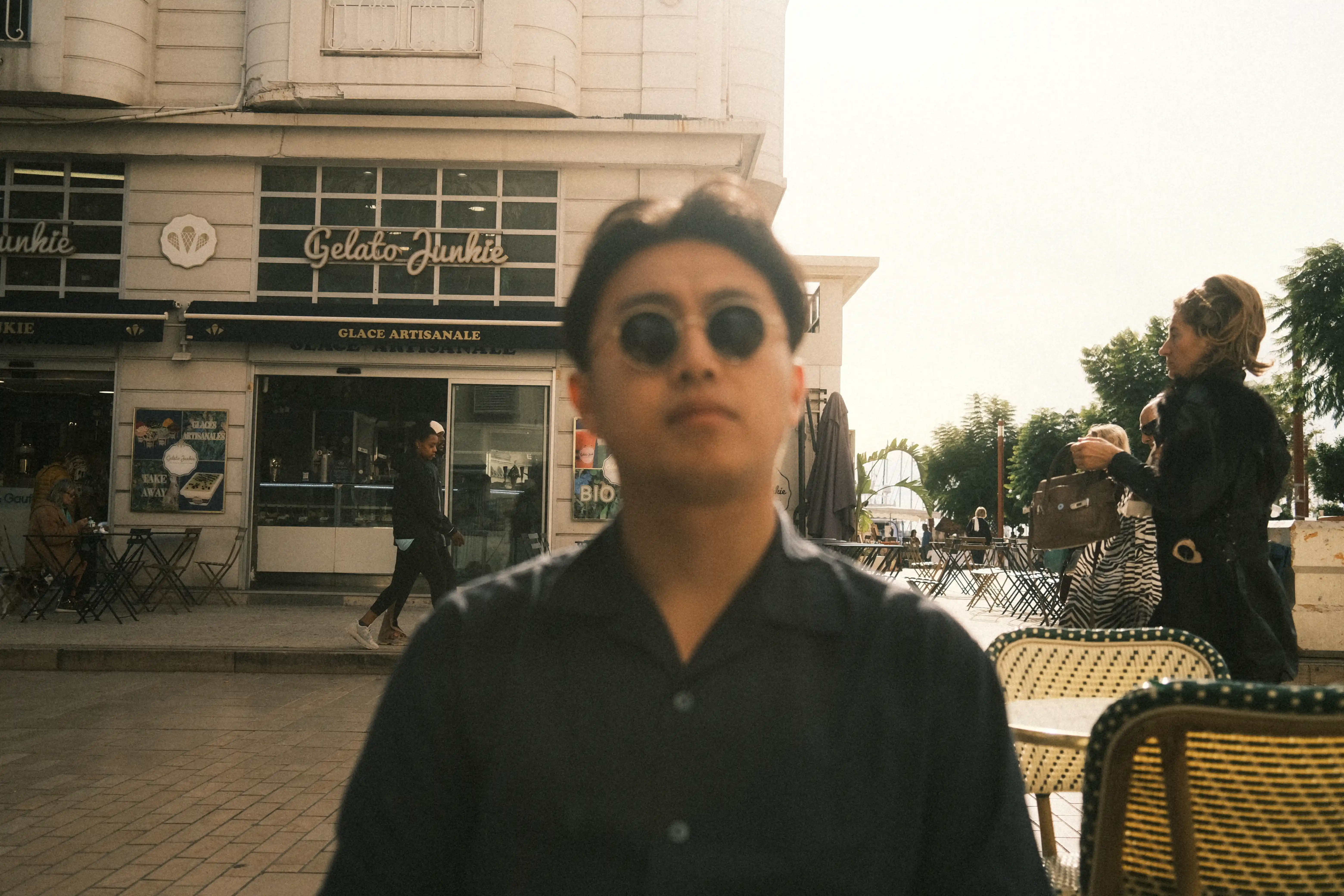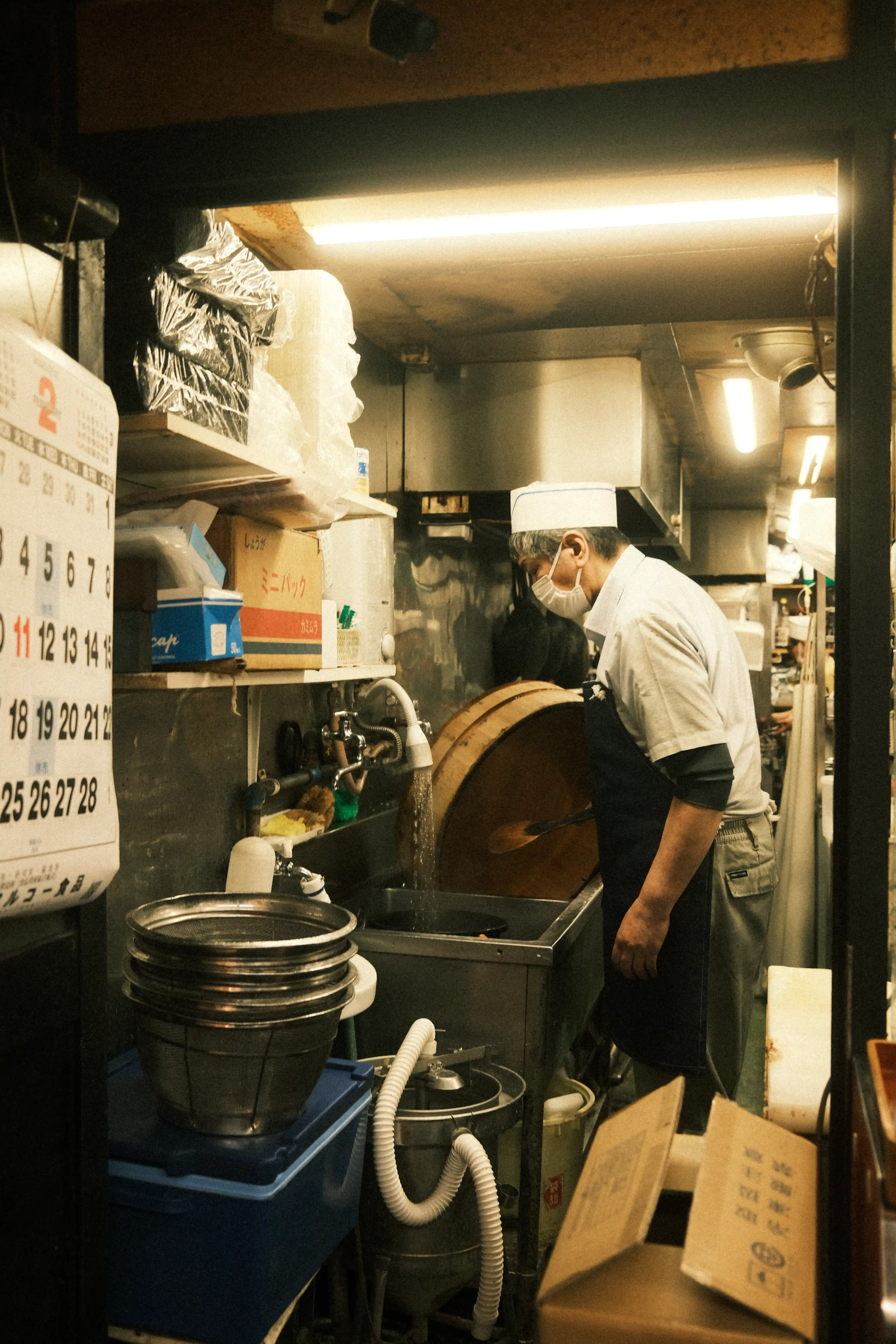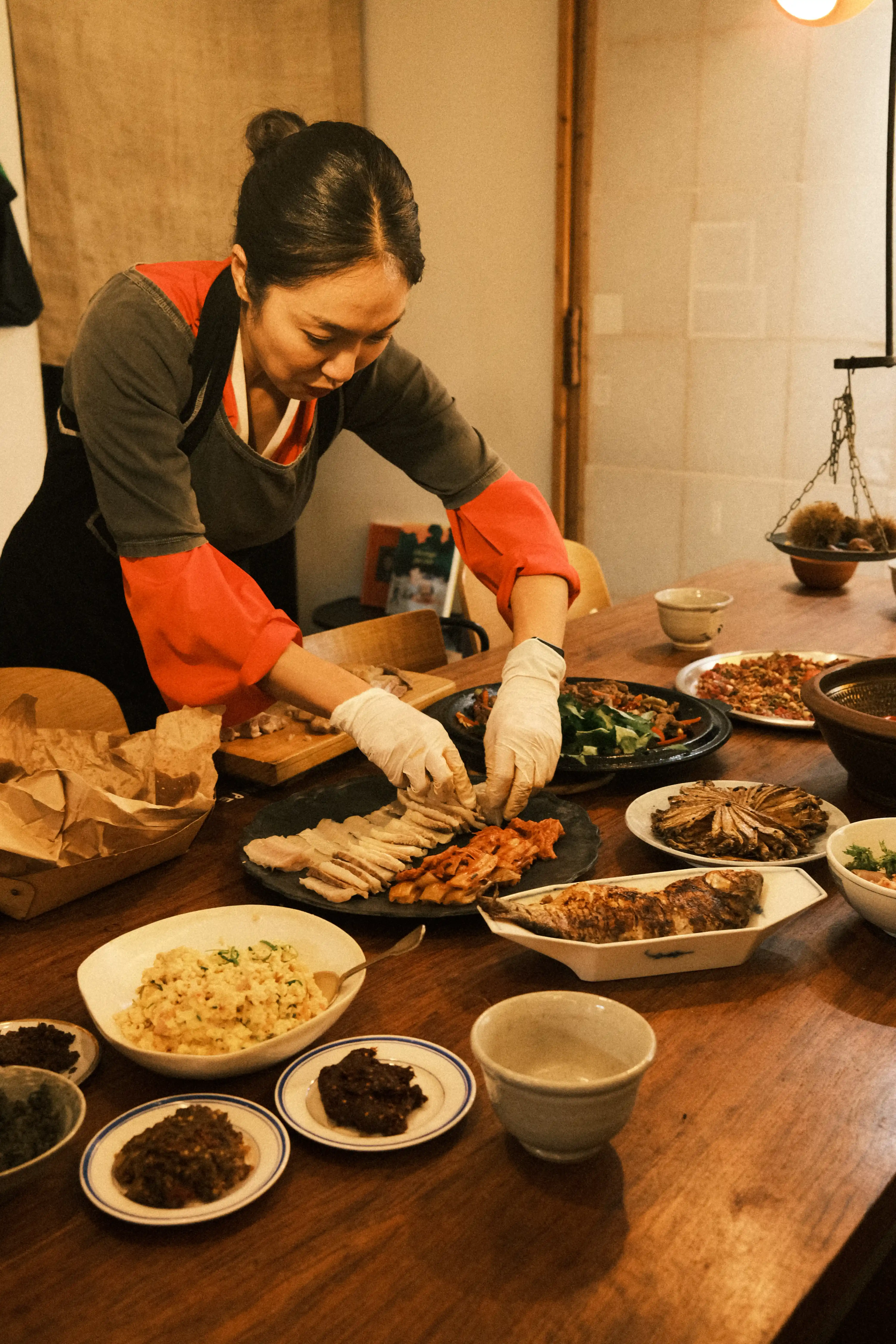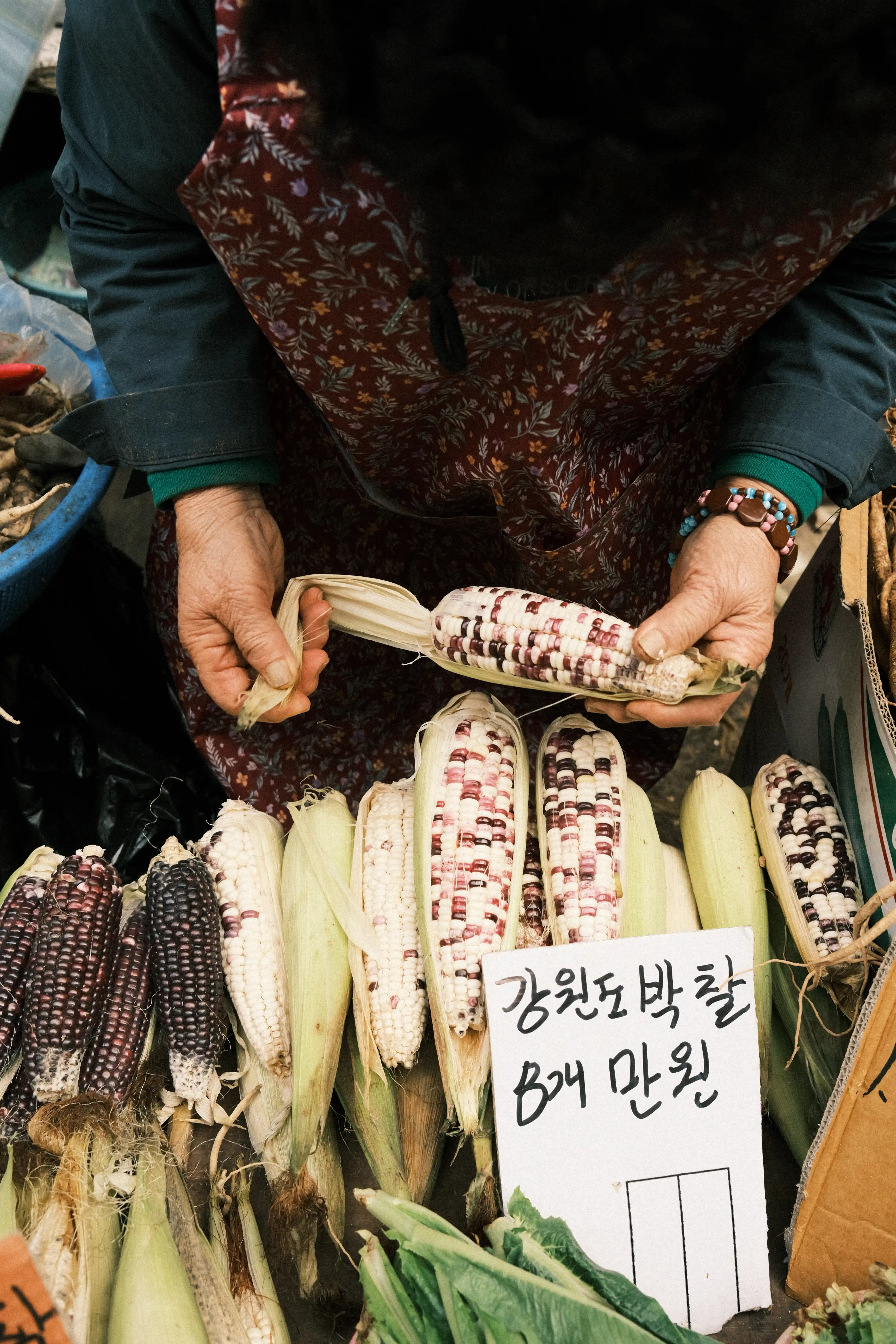

On craft, curiosity, and the value of human process. A statement by Jason, SUIKA.
May 30, 2025

When things are made faster, cleaner, smarter - we need to slow down, look closer, and ask who made them - and why. To preserve the integrity of creativity, we must understand why we are making things in the first place.
Design is being automated. Art is being generated. A song, script, artwork - prompted and created in seconds.It would be remiss to be completely resistant to AI - the fact is that it's here and there's no putting the toothpaste back in the bottle. We can be romantic but it's futile to cling to the past.
What we are saying is: if everything becomes 'output', soon, the only thing that matters is the input.
Who is behind it all? What did they see, hear, experience and learn to make it the way they did?What makes it human? In an age where craft can be replicated without the hand, the story behind the hand becomes sacred.



Even now, even with all our tools - good work still needs patience, doubt, failure, and feel. When we talk to a chef, We don't just ask what's the recipe - we ask where did it come from? We don't just ask what are the ingredients, we ask why?
When we watch an artist work, we're not just looking at the final piece - we care about what brought the idea to their mind and why.
Because the pause: the decision making space - is where humanity in creativity lives. The process is where meaning gathers. It's where accidents become signatures and identity shows. If we skip that, we lose more than steps. We lose the thing that makes it worth anything.
As the pace of production accelerates, the stories behind things help us slow things down. They make us pay attention. They remind us that making - real craft - is still an act of care, and sometimes defiance.
A cook preparing a meal using her grandmother's recipes.
An artist drawing from their childhood's awe to craft wander in their pieces.
A musician using the sounds of nature to create soundscapes.
These are more than choices - they're refusals. Refusals to let everything be flattened into feed. Refusals to let the algorithm have the last word.



Every question we ask preserves something:
When we ask why this method?
When we ask what inspired that details?
When we ask how did it feel to make this?
We're preserving not just information, but intention. Emotion. Connection. Context. That's what is at stake. Not the output - but the thread of thought that led to it. The journey. The story. The choices that only one person could have made in that exact way. If we don't ask, we forget how to see it.

Because we're at a turning point. An incredible inflection. When anything can be copied, remixed, and produced at speed - authenticity risks becoming just another marketing line. But if we commit to asking better questions - to tracing the hands behind the work - we protect something deeper.
We protect the soul of creativity.
We remind ourselves (and each other) that the goal isn't just to make - it's to express meaning. That process, context, and story are not optional extras - they are the whole point. So ask questions. Follow the thread. Slow down when the world speeds up.
Because behind every real craft is a real person.
And if we lose that, we lose more than art. We lose part of what makes us human.